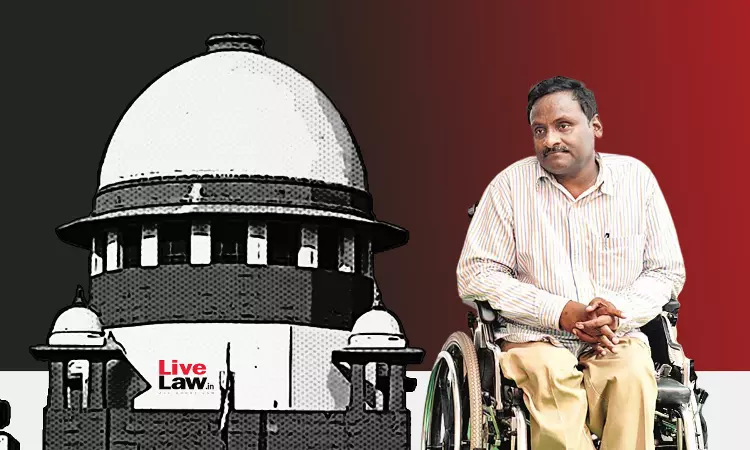Supreme Court Refuses To Stay Acquittal Of GN Saibaba & 5 Others, Says HC Judgment Prima Facie Well Reasoned
Awstika Das
11 March 2024 1:37 PM IST

Next Story
11 March 2024 1:37 PM IST
The Supreme Court on Monday (March 11) refused to stay the judgment of the Bombay High Court, which acquitted Professor GN Saibaba and five others in a case under the Unlawful Activities (Prevention) Act 1967 over alleged Maoist links.A bench of Justices BR Gavai and Sandeep Mehta, while hearing the special leave petition filed by the State of Maharashtra, made a prima facie observation that...
